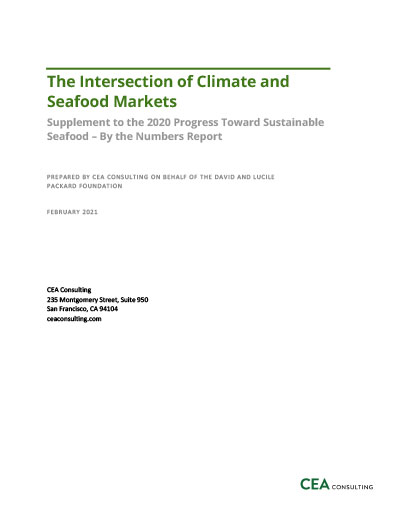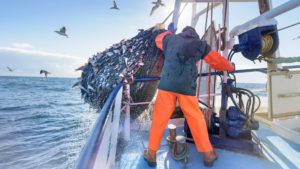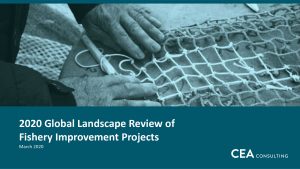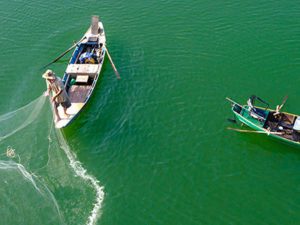Climate change is altering global fisheries’ productivity and spatial distribution, threatening economically important marine species, while also posing significant livelihood concerns for coastal communities.
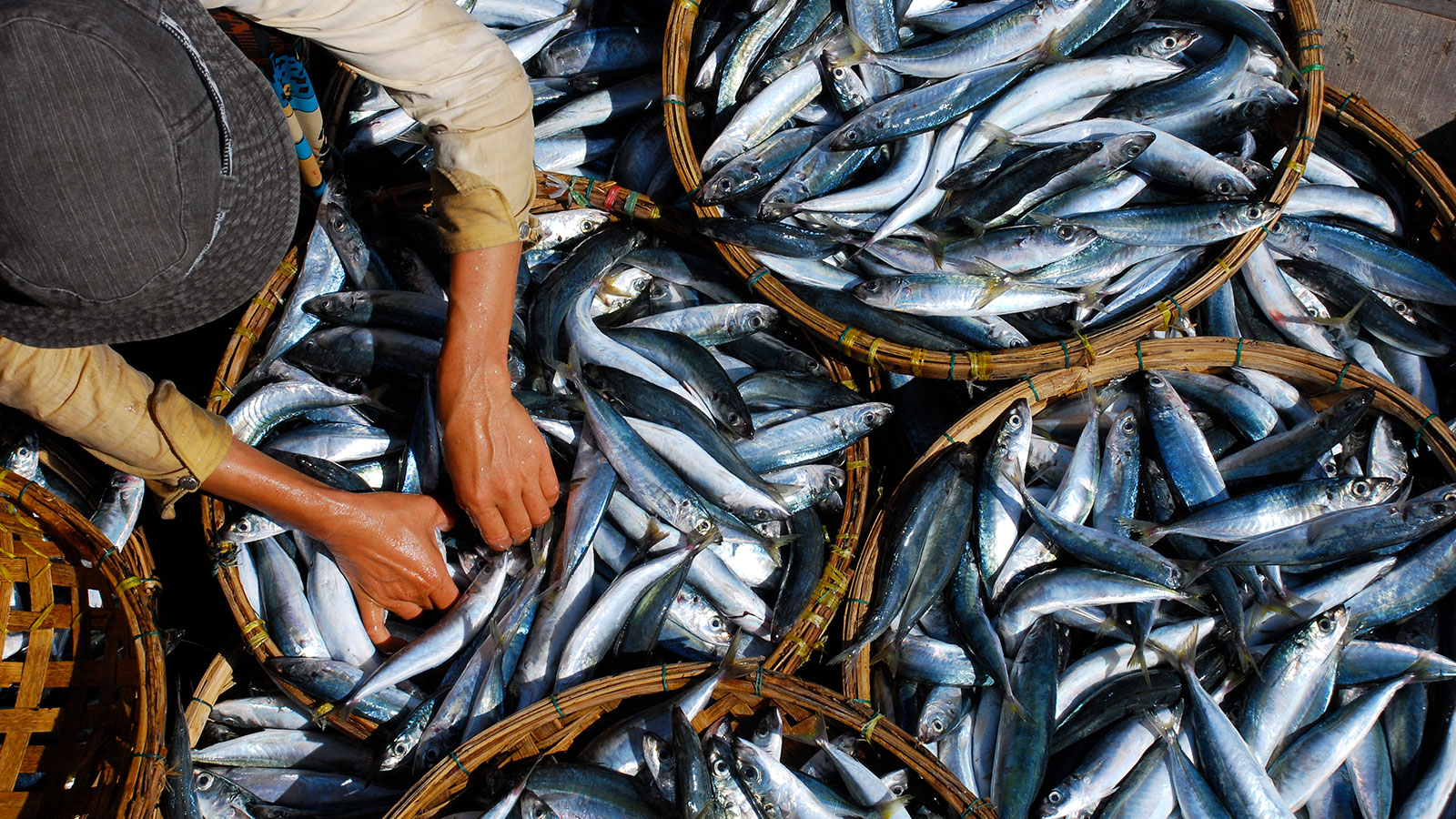
Photo: Joel Carillet/iStock
The Intersection of Climate and Seafood Markets, a Supplement to the 2020 Progress Toward Sustainable Seafood – By the Numbers (6th Edition) reviews insights from 34 organizations affiliated with the Conservation Alliance for Seafood Solutions. The result is the first landscape review of the climate change and seafood markets nexus, which takes stock of the perspectives, activities, and aspirations of seafood markets organizations as they consider adapting their approaches and strategies in the face of climate change.
The report, authored by CEA Consulting and commissioned by the Global Seafood Markets Strategy at the David and Lucile Packard Foundation, is meant to inform future community discussions about how the seafood markets community can best adapt to and address the dynamics of a changing ocean.
Below you can download the full report.
Key findings include:
- The global seafood markets community lacks clarity on how it should engage on climate change, although there is substantial interest and an understanding of the urgency. Key informants suggested it is not clear how prioritizing climate change might fit into the current theory of change of the seafood markets movement or require shifts in community priorities.
- Scientific research and government advocacy emerged as actionable ways for the seafood markets community to engage on climate change. Current scientific research and government advocacy related to climate change are primarily led by the traditional advocacy-oriented organizations in regions with relatively good governance, and not by the seafood supply chain.
- Climate change impacts are placing fisheries at risk of losing certification and ratings standings—and are slowing fisheries’ general progress toward sustainability. Incorporating climate science into certifications and ratings standards can elevate climate action for the sustainable seafood movement. Most standard-holding organizations have expressed interest in integrating climate change indicators or requirements into their standards, and some are already starting to do so.
- Despite barriers to strategic engagement on climate change, interviewees suggest that the seafood markets community is interested in collaborating, initiating climate change-related conversations across the Conservation Alliance, and ensuring that the interventions proactively address the impacts of a changing climate on the seafood industry and those who depend on it. While some of these opportunities remain aspirational, others are already underway, and many are supported through collaborations (informal or formal) with the Environmental Defense Fund.
If you have questions or feedback about the report, please contact Sydney Sanders of CEA Consulting at sydney@ceaconsulting.com.

